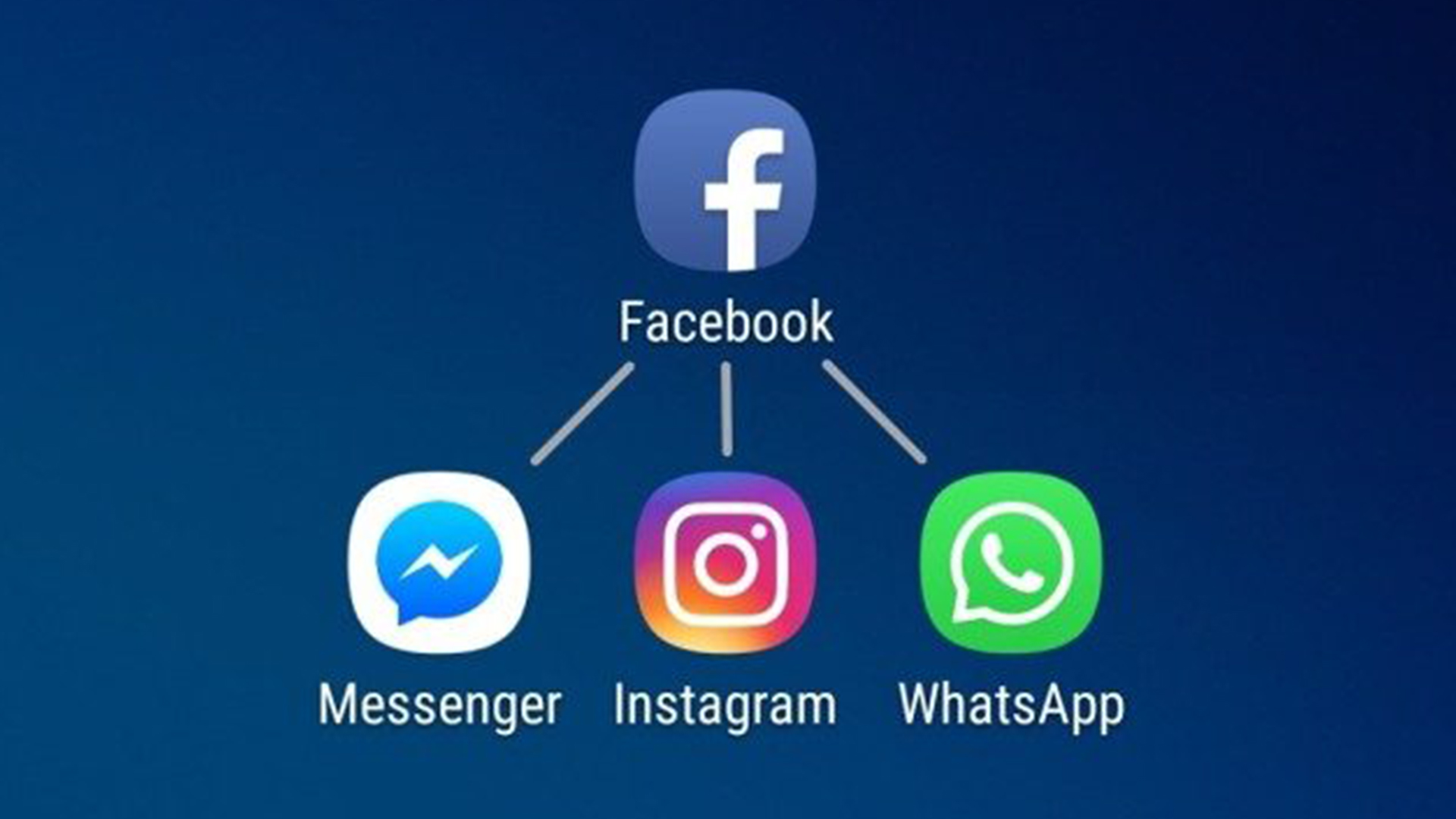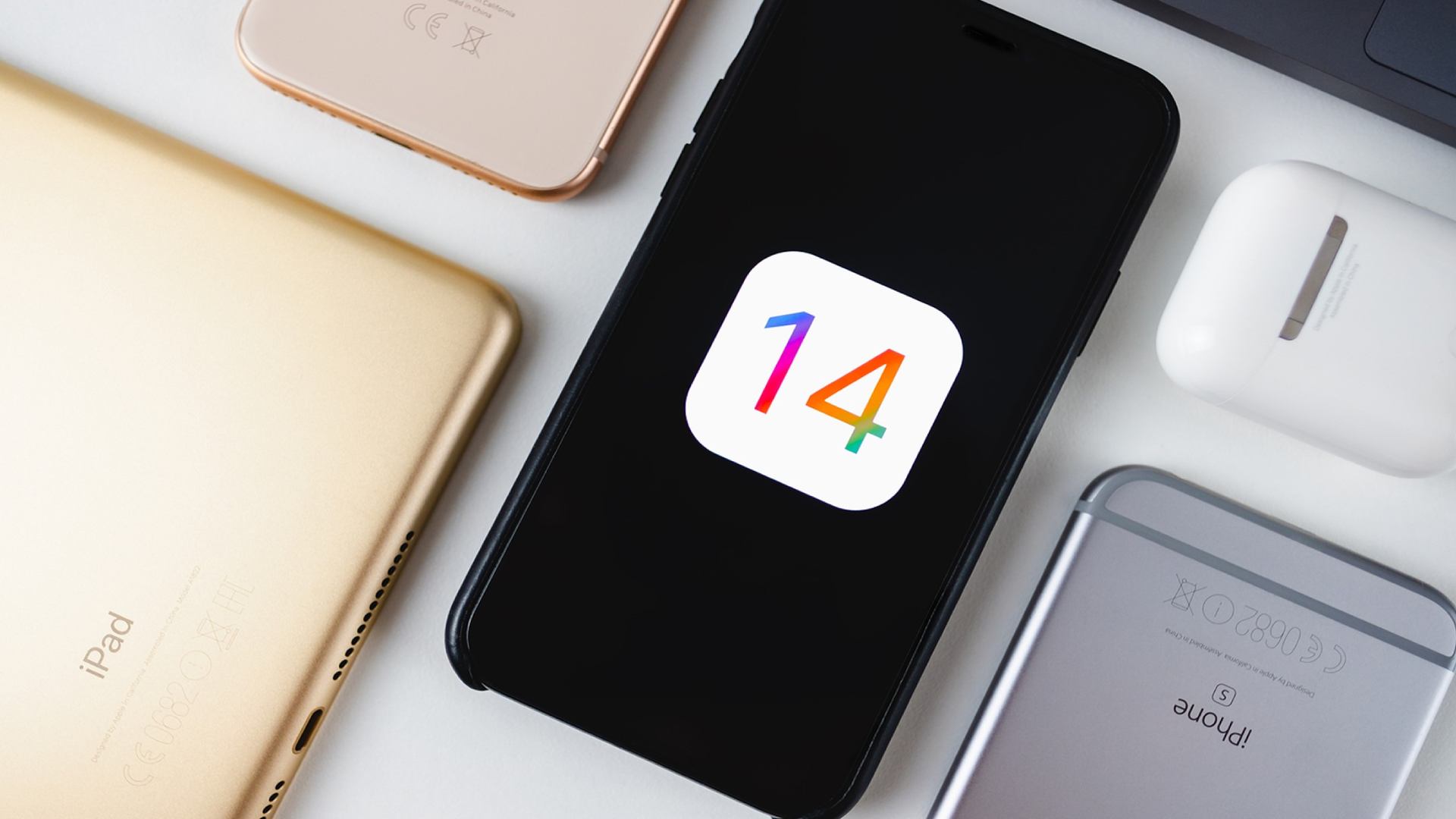
The increasing reliability and accuracy of voice search technology have played a massive role in its adoption. When Apple first launched Siri in 2011, there was optimism that this could be the next big thing in technology. The ability to ask your device a question and receive your answer promptly without typing a word had huge potential. Fast forward to today, and every flagship device has some form of voice search assistant installed.
Voice search SEO continues to be a hot topic in the world of digital marketing. 27% of the global online population uses voice search on mobile devices. According to data from Think with Google, more than a quarter of the world’s online population is now using voice search on mobile. Learn more about how to optimise your site for voice search below.
What Do People Use Voice Search For?
- Asking for directions
- Checking the time
- Dialling someone
- Dictating text messages
- Finding movie times
- Getting help with homework
- Playing a song
How Do You Optimise for Voice Search?
Voice searching is very different compared to searches done via typing. This has created new and exciting challenges for SEO experts regarding optimising their client websites for voice search. Here is some advice for helping you optimise your website for voice search.
Optimise for Long-Tail Keywords
People tend to interact with apps like Siri as though they are making conversation, asking questions in complete sentences. SEO tools such as Answer the Public can help you anticipate which long-tail keywords you should target to optimise your content. When people search using voice, they can ask follow-up questions similar to how a conversation would go. It is best practice to write content in a more conversational tone to reflect how users are going to search.
Optimise for Localised Search Queries
Recent SEO research suggests that people using voice search are more likely to target local businesses. This could be because voice search is easier to manage when users are walking or behind the wheel. Either way, incorporating your location into your content will help voice searches put your name in front of nearby, curious customers. One of the best methods for optimising local search is to claim your Google My Business listing. Your Google My Business listing is an easy way of letting Google Search users find information about your business. You can add your address, phone number, website link and other contact information. Find out more in our “Local SEO explained” blog post.
Include Featured Content
When users ask questions to apps like Siri or devices like Google Home, voice search will answer audibly if possible. Featured snippets are primed for voice searches to use in text-to-speech answers. Google Home and other related apps will even site you as a source and provide a link to your website.
Help Voice Searches Assemble a Quick Response
Because the queries are often conversational, with long-tail keywords, anticipating those questions is important. The best way to optimise for this type of search is by providing concise answers to common questions. Consider simulating expected queries in your H2 headers and open that section with a concise yet comprehensive answer. Keeping a record of your most frequently asked questions is a great strategy to rank for voice search results. Our advice is to compile the most common questions you receive from either emails or phone calls and place them on a dedicated FAQ page on your website. If people call or email you to ask these questions frequently, you can be assured that they are also searching for this information.
Create Readable Content
Providing engaging, informative, grammatically sound content is the best way to play the SEO long game. Content that satisfies user intent will get preference from SEO voice search.
What Does the Future Hold for Voice Search?
The potential of voice search is limitless. Voice searching is both the future and present of search. As companies such as Apple, Google, and Samsung invest in voice search technology, we will see more sophisticated developments for years. Stay ahead of your competitors and optimise your website for voice search today.

















